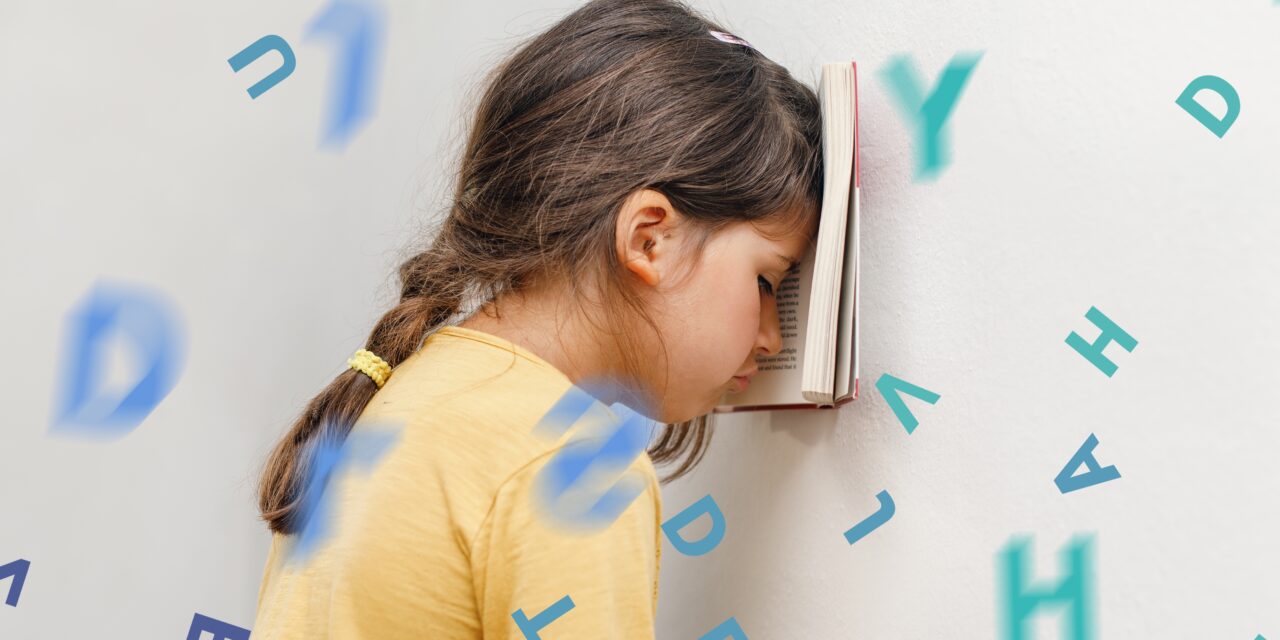“They won’t take them.”
That was the uncharacteristically short and blunt text from my wife one morning last week after a disappointing phone call from the principal of a local Christian school.
Our two younger boys, ages 12 and 11, are whip smart and well-mannered with delightful temperaments. Our twelve-year-old has a wood workshop on our back patio where he uses all kinds of tools he inherited from my late father. He’s a tinkerer and builder. Our youngest is the entrepreneur of the neighborhood, mowing lawns, picking up from dogs, and selling cotton candy and snow cones.
Our boys were also born with dyslexia, a language-based learning difference in the brain marked by challenges processing words, and an especially intense struggle to read. Like anything else, there is a spectrum concerning the condition. Our twelve-year-old’s dyslexia is considered severe, while our youngest has been rated as moderate.
We’ve done a hybrid homeschool program with the boys all these years, a mixture of teaching by my wife, followed by co-op classes, tutoring, and special programs designed for dyslexic students. But after praying about the way forward and taking a variety of factors into consideration, Julie and I decided to investigate Christian education options for their coming middle school years.
When our school of choice invited them in for an evaluation, we assumed it was something of a formality. Part of the application process had already included transcripts and reports from former teachers and instructors, all of which reflected well on the progress they’ve been making.
Students with dyslexia can struggle with putting abstract ideas into sentences, so they knew that would require some heavy lifting. But the boys nevertheless plowed ahead and did their best. They left the school smiling, looking forward to the coming year.
The rejection of their applications came the next day, at which time Julie was told the essays had been shared with an English teacher. The middle school principal was kind and polite about it all, and basically said they weren’t equipped to teach students with their degree of disability. He said he felt they’d be frustrated. We suspect left unsaid was that they determined they would be frustrated, too.
The Individuals with Disabilities in Education Act (IDEA) which was passed in 1990, was originally known as the “Education for All Handicapped Children Act,” and voted into law back in 1975. It ensures that students with various disabilities are afforded free public education. Private schools fall outside that designation, though if they accept federal funds, they’re required to provide certain services and accommodations.
Over the years, we’ve learned it’s a myth that dyslexia is rare. In fact, upwards of 15% of American students are believed to struggle with the condition. Administrators, teachers, and especially other students may see it as a question of intelligence, but that would be wrong. If you want to know what students with dyslexia are experiencing, consider how our middle son once described it:
“School sometimes feels like a blizzard wrapped around a tornado inside a hurricane. Everybody talks so fast.”
Many dyslexia advocates are pushing for mandatory testing on the premise that far more kids have it than know it. Their hope is that if the need is more known, more funding will follow, and thus more children will be helped.
We’re not quite sure what this school year will hold, but a charter school in our area for children with dyslexia might be an option. We’re praying about it and trust that God is sovereign over all things. But If I could buy a billboard in every town or deliver a message via social media to everyone, everywhere, I would say this to the teachers and schoolchildren of America:
Be kind. Be patient. Be compassionate. Give the children a chance. Do the hard work. What you see in your students is not all there is. Every child is a bundle of potentiality, a work of art yearning to be unveiled and unleashed. Kids are under a lot of pressure, and everyone learns differently and at different speeds.
Julie and I are confident that our boys’ future is bright, not in spite of their learning disability, but at least partially because of it. Dyslexic brains are unique and often equip and enable people to tackle problems and create things unlike other “normal” ones.
“If anyone ever puts you down for having dyslexia, don’t believe them,” said Richard Branson, the British business magnate and founder of Virgin Atlantic. “Being dyslexic can actually be a big advantage, and it has certainly helped me.”
Photo from Shutterstock






